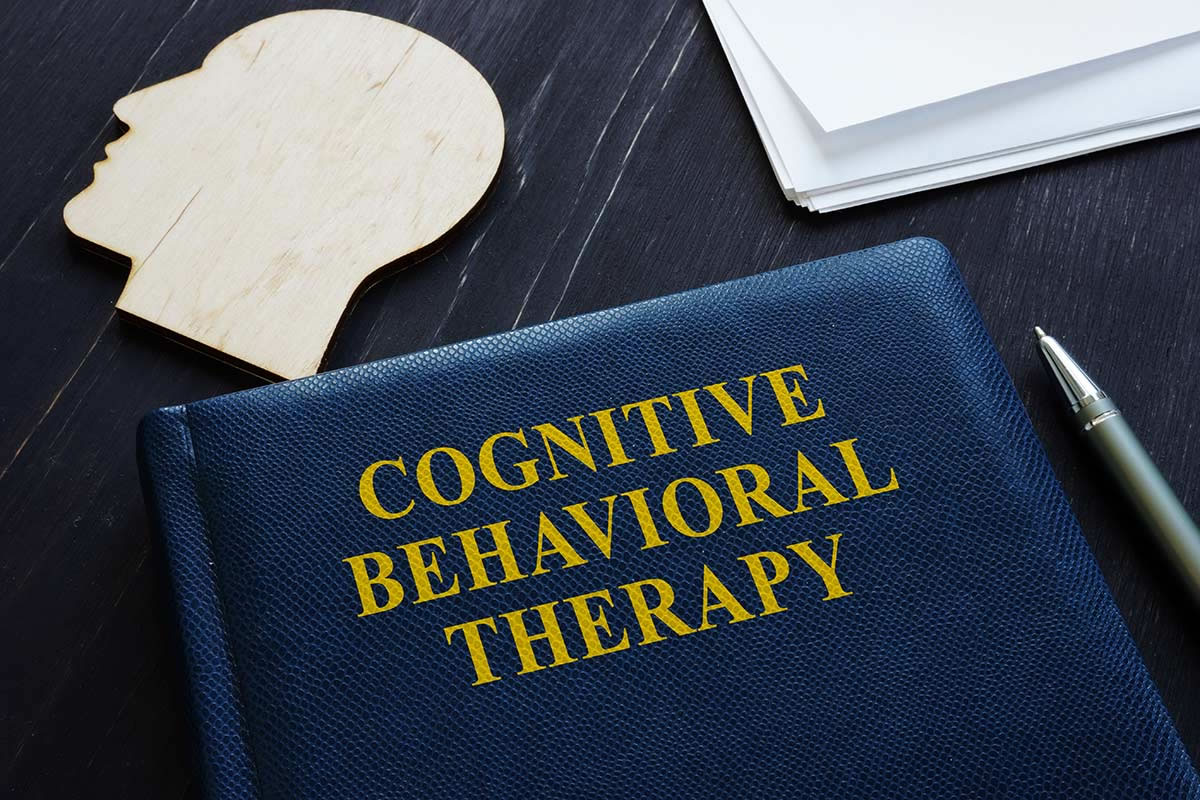
Generalized anxiety disorder (GAD) is often debilitating and lasts for a long time. However, you can manage anxiety better and lead a normal life with various therapy approaches. In some circumstances, pharmaceutical alternatives are effective. People experiencing GAD don't fear specific circumstances or things but a vast assortment of things.
This condition causes many biological symptoms, like muscle tension, pounding heartbeat, and drowsiness, which often takes an emotional toll on sufferers. In addition, it is exhausting to stress constantly, but you can lower anxiety to more modest levels with various treatments. Unlike many other anxiety disorders, GAD frequently develops in middle-aged individuals. Still, people of any age can encounter anxiety disorders like GAD.
Things you can do independently
Most individuals suffering from GAD never consider visiting a physician. Instead, they usually do their best to control their symptoms independently by utilizing information from the world wide web or self-help publications. Some rely on yoga, autogenic conditioning, or progressive muscle relaxation practices. Unfortunately, there are few studies on the efficacy of these approaches and strategies. Though there is no proof of their effectiveness independently, these relaxation practices are often used in psychological treatment.
Some sufferers test herbal sedatives like passionflower, valerian, or lavender, but there is sparse research on such products. In addition, many sufferers believe herbal-based treatments are safer and better tolerated than other medications. However, it is crucial to remember that herbal remedies can influence other pharmaceutical effects and carry troublesome side effects.
Sufferers inclined to treat GAD at home might wait a long time before pursuing counseling. However, certain kinds of medicine and psychological therapy are effective when GAD profoundly impacts your daily life.
Cognitive behavioral therapy (CBT)
CBT is the most effective and well-studied psychological treatment for GAD. It has advantages that go past helping lower anxiety. It is proven helpful with depression symptoms that can accompany GAD. CBT is sometimes a painful experience because it involves facing your fears head-on. It is essential to remember that psychological therapy side effects are not well studied. The CBT technique seeks to alter patterns of thought triggering your anxiety by teaching you to recognize and challenge unrealistic worries and fears. Evaluating the actual results and likelihood of anxiety triggers helps you manage your insecurities.
Catastrophizing is instantly jumping to excessive and unnecessary conclusions about the extent of possible dangers when something upsetting happens and is an example of thought patterns contributing to anxious emotions. With the help of a therapist detecting these thoughts, a patient makes an effort to eradicate them or discover better ways to cope with them. CBT therapy helps patients be more mindful of their thoughts and control them better.
The second component of CBT involves gradually reducing a patient's stress level in specific situations and modifying their behaviors. Patients overcome fear slowly by facing it. For instance, a mom working outside the home, who always calls their kid's school to check up on them, may be challenged to decrease the number of calls she makes gradually. CBT also involves discovering calming strategies like relaxation techniques or breathing exercises to make behavior changes easy.
Additional psychological therapy techniques
Other kinds of treatment for GAD focus more closely on specifying the potential grounds for an individual's anxiety, which often includes traumatic childhood circumstances. Unfortunately, research lacks on these methods' usefulness for treating GAD. In addition, the current studies comparing these therapies with CBT imply that the other psychological therapies aren't as helpful as CBT treatment.
